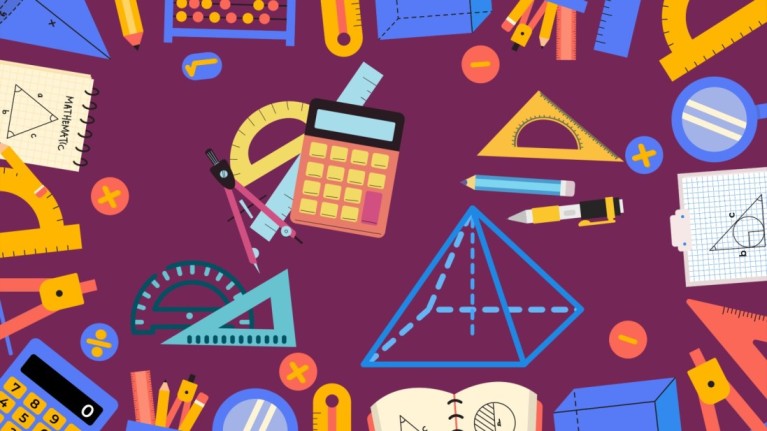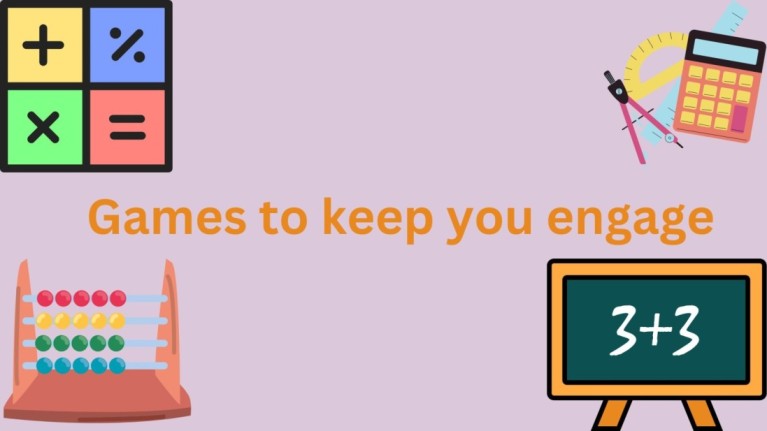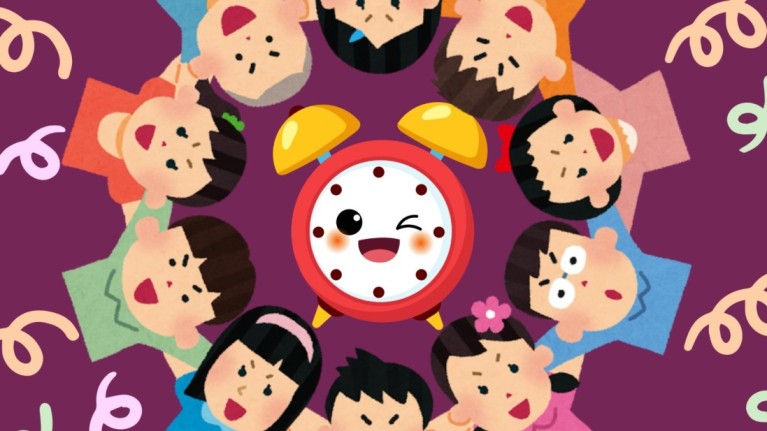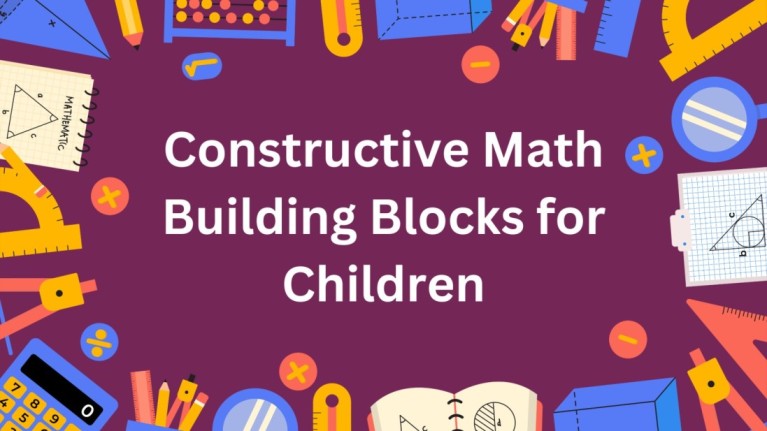Unlocking the Fun: Constructive Math Building Blocks for Children
Hey there, parents and educators! 🌟 Are you on the hunt for ways to make math a blast for kids? We get it—finding ways to spark enthusiasm for math can be challenging. But guess what? With the right tools, math can become a favorite activity. Enter Constructive Math Building Blocks for Children! These amazing tools aren’t just about crunching numbers—they’re all about turning math into a fun, engaging adventure. Let’s dive into how these building blocks can transform math learning and ignite a passion for numbers in young minds.
Benefits and Types of Constructive Math Building Blocks
| Category |
Details |
| Benefits |
|
| Promotes Hands-On Learning |
Provides a tactile learning experience that makes abstract ideas more tangible through physical manipulation. |
| Enhances Problem-Solving Skills |
Encourages critical thinking and creative problem-solving as children experiment with different arrangements. |
| Builds Spatial Awareness |
Helps children understand how objects fit together and relate to one another, crucial for grasping geometric concepts. |
| Supports Fine Motor Development |
Improves fine motor skills, hand-eye coordination, and dexterity, essential for writing and tool use. |
| Encourages Collaboration |
Promotes teamwork and communication as children work together on building projects and problem-solving tasks. |
| Fosters Creativity |
Inspires imaginative play and creativity by allowing children to build and create various structures and patterns. |
| Types |
|
| Classic Wooden Blocks |
Timeless and versatile tools for teaching geometry, symmetry, and arithmetic through durable, tactile play. |
| Plastic Interlocking Blocks |
Highly versatile, ideal for exploring patterns, symmetry, and spatial relationships, such as LEGO bricks. |
| Magnetic Building Blocks |
Feature magnets for easy connection, engaging for exploring geometric concepts and creating complex structures. |
| Number and Shape Blocks |
Designed to teach specific math concepts like counting and arithmetic with blocks featuring numbers or symbols. |
| Digital Building Blocks |
Interactive software or apps that simulate physical blocks, allowing virtual manipulation and learning through digital play. |
Top Features of Constructive Math Building Blocks
When selecting Constructive Math Building Blocks for Children, consider these essential features to ensure they provide a rich and enjoyable learning experience:
- Interactive Games: Building blocks that integrate game-based learning help keep kids motivated and engaged. They can solve math puzzles, build structures, and earn rewards as they progress.

- Progress Tracking: Look for blocks that come with progress tracking tools, allowing you to see how well your child is grasping concepts and where they might need extra support.
- Adaptive Learning: The best building blocks adjust to your child’s learning pace, ensuring they are challenged just enough to stay engaged without feeling overwhelmed.
- Visual and Auditory Stimuli: Incorporating colorful, visually stimulating blocks and sound effects can make abstract math concepts more tangible and exciting.
- Real-Life Applications: Blocks that demonstrate real-life math applications help children see the relevance of what they’re learning in everyday scenarios.
Popular Constructive Math Building Blocks
Here are some top-notch options that embody the essence of Constructive Math Building Blocks for Children:
- LEGO Education: Offers a variety of sets designed to teach math concepts through interactive building experiences.
- Snap Circuits: Provides hands-on activities that incorporate math principles with fun, electronic experiments.
- Mathlink Cubes: Colorful, interlocking cubes that help children visualize and solve math problems in a hands-on way.
Tips for Maximizing the Benefits of Building Blocks
To get the most out of Constructive Math Building Blocks for Children, keep these tips in mind:
- Set Goals: Help kids set specific learning goals and track their progress. This boosts motivation and gives a sense of accomplishment.
- Create a Routine: Integrate building block activities into a regular learning schedule to establish consistency and habit.
- Balance Screen Time: Ensure that time spent with building blocks is balanced with other activities, including outdoor play and social interactions.
- Be Involved: Join in on the building fun and discuss the concepts your child is working on. Your involvement shows support and keeps you informed about their learning journey.
Frequently Asked Questions (FAQs)
- How do I choose the right building blocks for my child?Look for sets that offer interactive and engaging activities, are suitable for your child’s age and skill level, and provide tools for tracking progress. Reviews and free demos can also be helpful.
- Are there age-specific recommendations for building blocks?Yes, many sets are designed with specific age groups in mind. For younger children, choose blocks with simple designs and vibrant colors. For older kids, look for more complex sets that offer advanced problem-solving opportunities.
- How can I ensure my child remains engaged with building blocks?Set learning goals, provide positive reinforcement, and incorporate blocks into a routine. Balance screen time with other activities and show genuine interest in their building projects to keep them motivated.
Start the Fun Learning Journey!
Ready to turn math into a favorite subject? Dive into the world of Constructive Math Building Blocks for Children and discover how these interactive tools can transform learning into an exciting adventure. By integrating these engaging blocks into your child’s education, you’re not only making math fun but also fostering a love for learning that will last a lifetime.
For more resources and educational tools, visit TutorLex.
Conclusion
Constructive math building blocks are a powerful tool for introducing young learners to fundamental math concepts. Through hands-on play, children can explore geometry, arithmetic, and spatial relationships in a fun and engaging way. By incorporating various types of blocks, from classic wooden and plastic interlocking blocks to magnetic and digital options, you can provide a well-rounded math learning experience.
With the right approach, constructive math building blocks can help build a strong foundation in math, enhance problem-solving skills, and foster creativity. By integrating block play into your child’s learning routine, you can make math a fun and enjoyable subject that sets the stage for future academic success.









